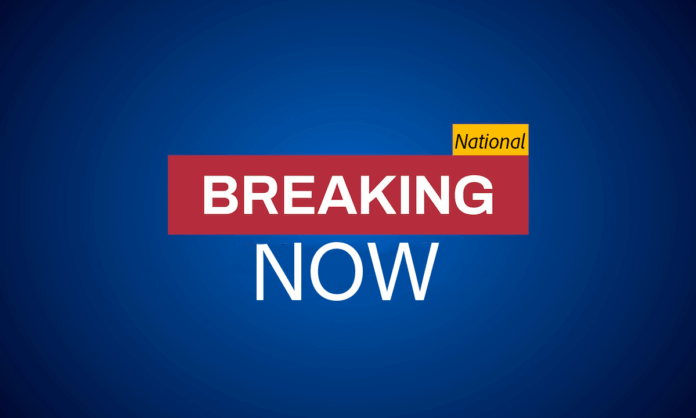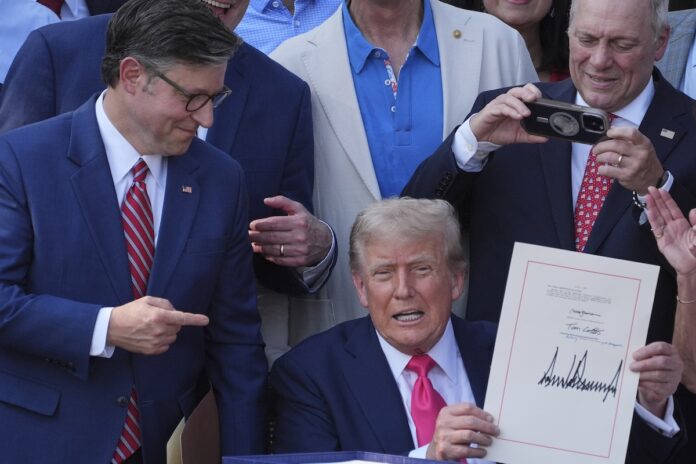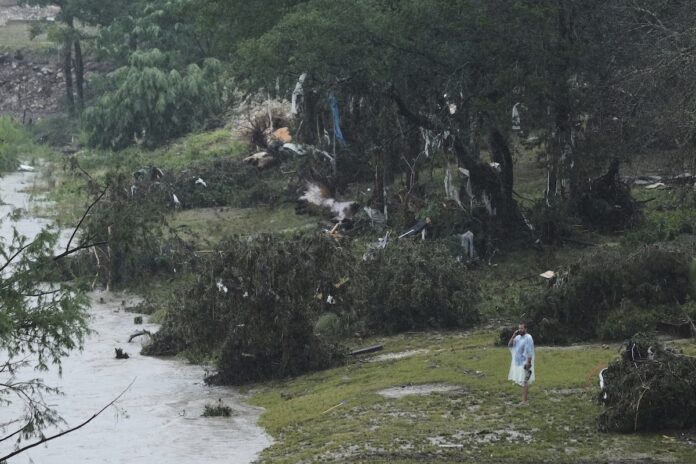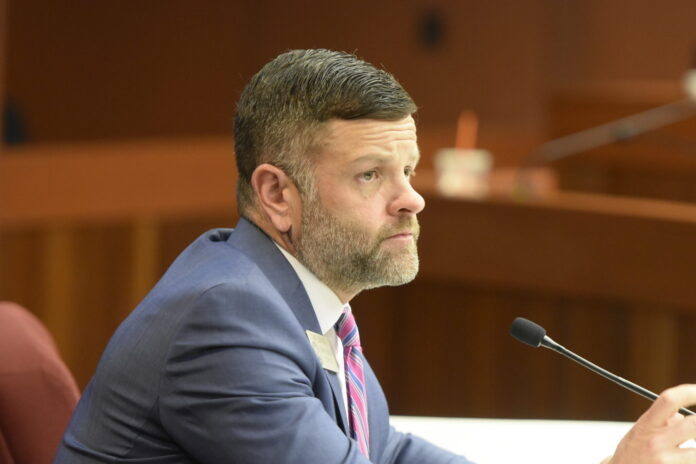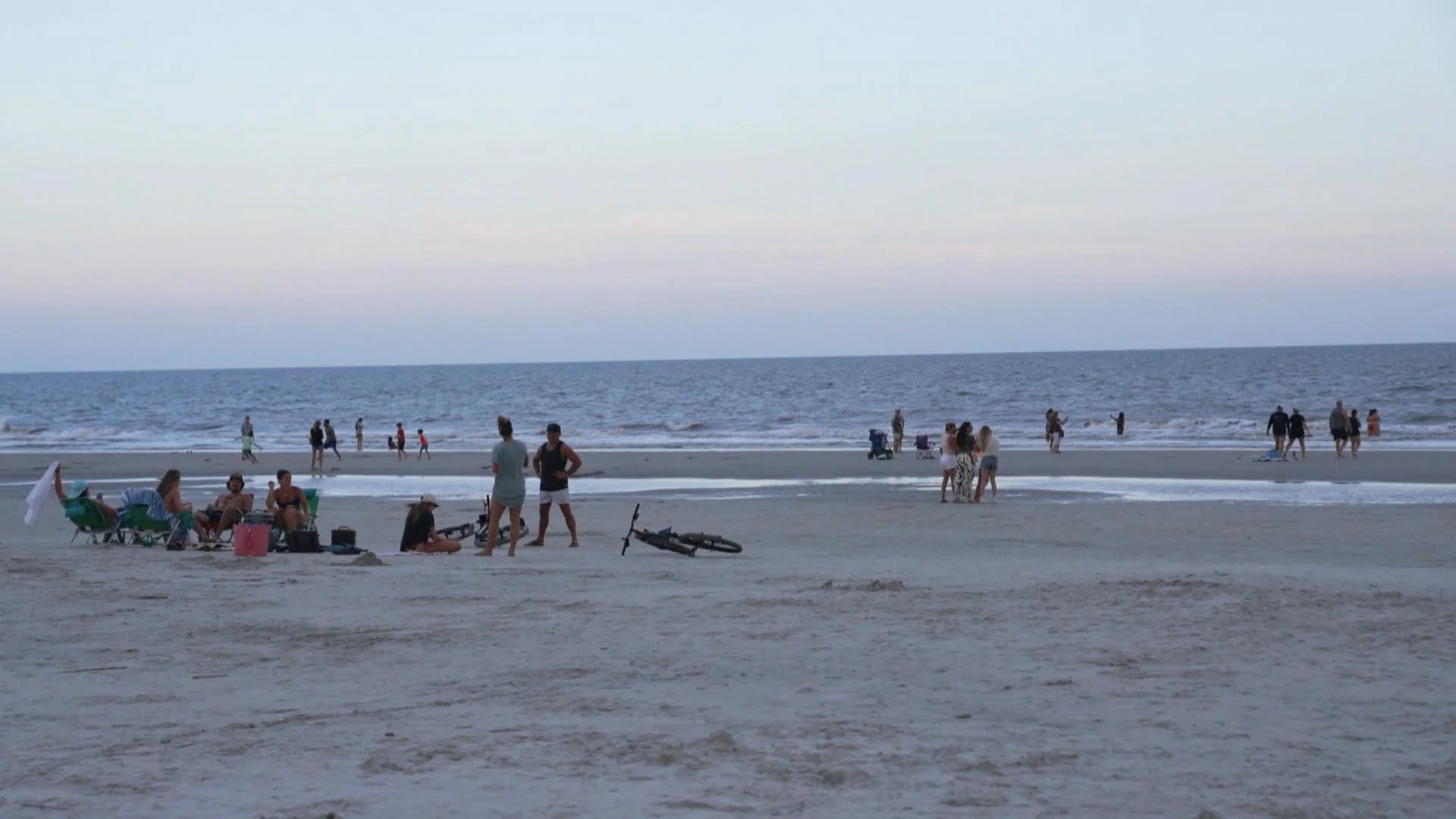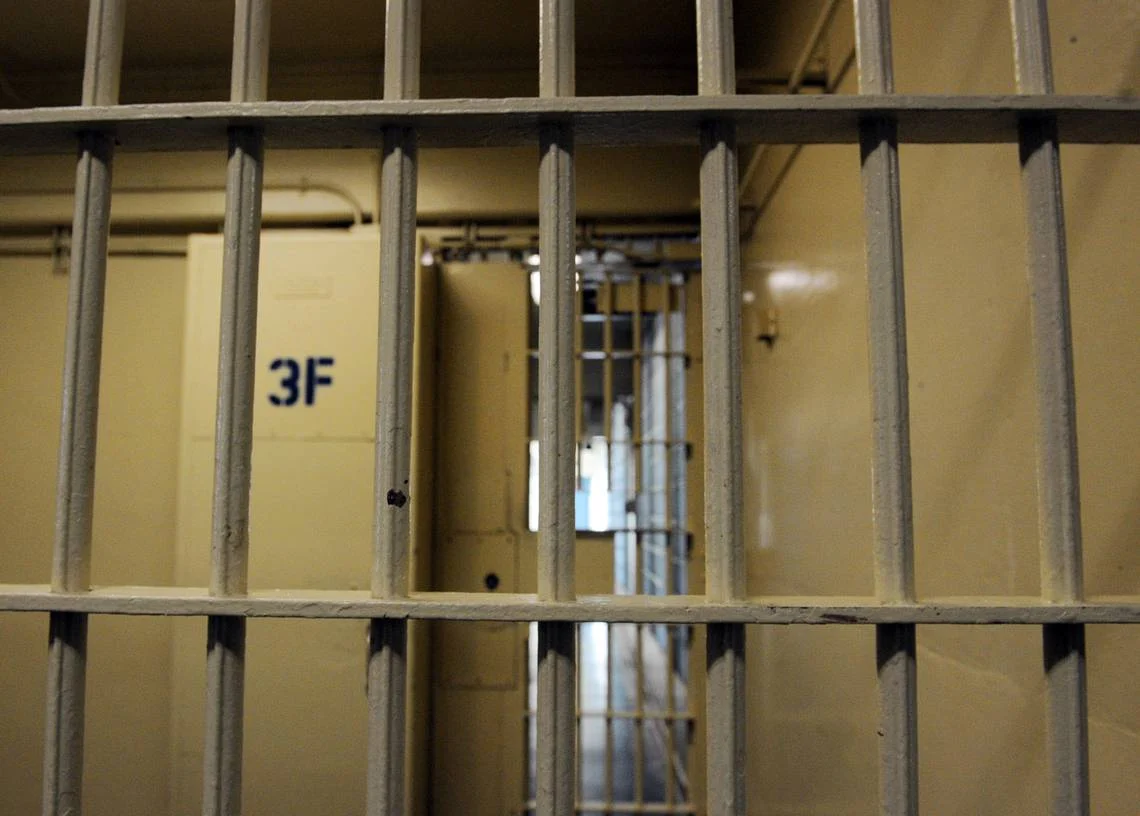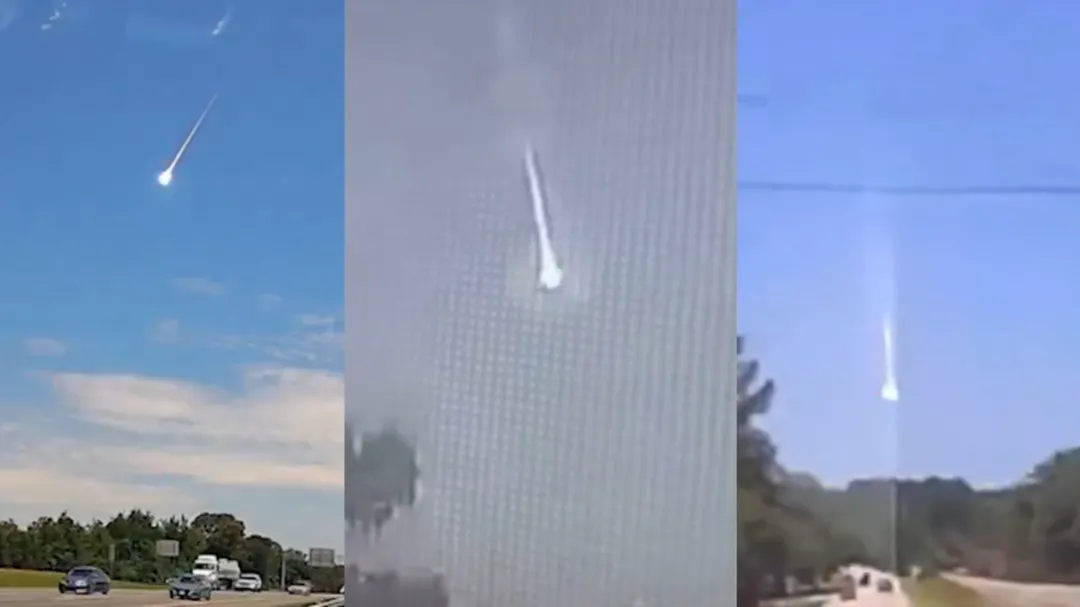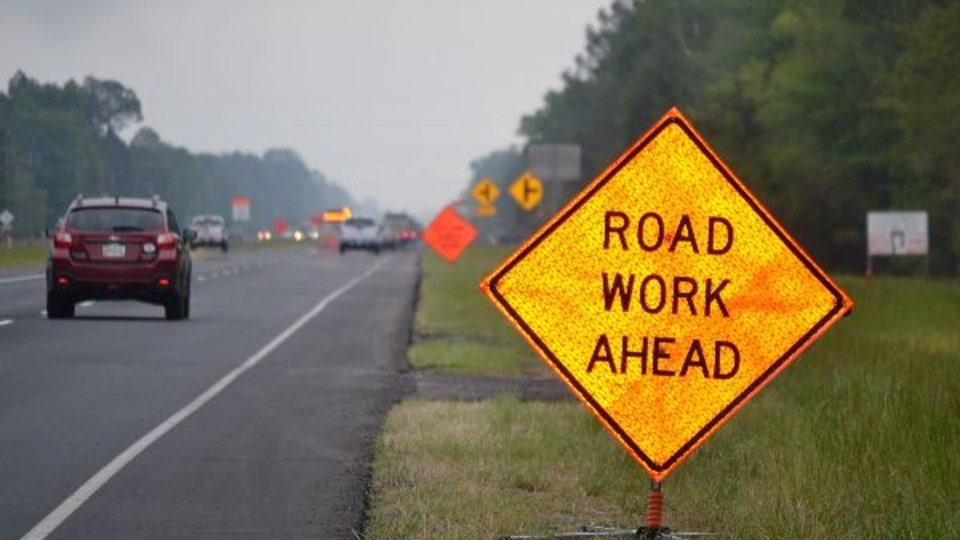DUBAI, United Arab Emirates (AP)—In response to the American bombing of its nuclear sites, Iran conducted a limited missile attack on a U.S. military facility in Qatar on Monday. The attack signaled that Iran was ready to withdraw from the increasing tensions in the unstable region. No casualties were reported by U.S. officials.
Although it announced it successfully intercepted the short- and medium-range ballistic missiles, Qatar denounced the attack on Al Udeid Air Base.
Iran claimed the attack was equal to the quantity of bombs the US dropped on Iranian nuclear installations over the weekend. Iran added that the base was targeted since it was located outside of populous areas.
Following the early Sunday strikes on Iran, President Donald Trump himself made remarks that implied Iran wished to de-escalate relations with the United States.
Nonetheless, Israel’s war on Iran is still ongoing, and on Monday, the Israeli military broadened its assault to target locations that are significant to the nation’s theocracy.
Martial music played as Iran’s state television broadcast the attack. It was described as a “mighty and successful response to America’s aggression” in a screen caption.
An Iraqi security official who was not authorized to comment publicly told The Associated Press on condition of anonymity that Iraqis claimed they were told by U.S. officials that missiles were fired toward the Ain al-Assad base, which houses U.S. troops in western Iraq, but the missiles never reached their destination.
There was no verified strike on the Iraqi base, according to a U.S. military official. Additionally, because he was not permitted to comment, he spoke on condition of anonymity.
The Iranian Revolutionary Guards’ attack, according to Qatar’s Foreign Ministry, was a blatant breach of international law, Qatari sovereignty, and its airspace.
The 379th Air Expeditionary Wing, the biggest wing of its kind in the world, and the Combined Air Operations Center, which commands and controls air power throughout the region, are both located in Al Udeid.
Masoud Pezeshkian, the president of Iran, said on the social media site X shortly before the explosions: We neither started the conflict nor sought it. However, we will not abandon the great Iran’s invasion without a response.
The retaliation was carried out one day after three of Iran’s nuclear sites were unexpectedly attacked by the United States on Sunday morning.
Israel expands war to include symbolic targets
Israel bombed the headquarters of the military unit that put down previous rallies earlier in the day, as well as the gate of a Tehran jail that is known for housing political activists.
Another volley of Iranian missiles and drones hit Israel as huge smoke plumes rose over Tehran. Since Israel began the battle to target Tehran’s quickly developing nuclear program, the ongoing fire has become a reality for civilians in both countries.
Israel claimed to have hit regime targets and government repression organizations in the center of Tehran on the eleventh day of the conflict, but Israeli officials maintained that they had no intention of toppling Iran’s government, which has been their bitter opponent since the Islamic Revolution of 1979.
As its attention has switched to symbolic targets as well, the Israeli military warned Iranians that it would continue to attack military assets in the vicinity of Tehran in the days ahead. Although Iranians are having difficulty accessing the outside world due to a crippling internet shutdown, the military posted the warning on the social media platform X.
The latest strikes came just hours after Trump, who had just a day earlier brought America into the conflict with its historic stealth-bomber strike on three Iranian nuclear sites, publicly raised the idea himself.
Why wouldn’t there be a regime change if the current Iranian regime is incapable of making Iran great once more? On his Truth Social website, he posed the question.
Trump, according to White House press secretary Karoline Leavitt, was just asking a question. However, Tehran, which maintains it would not engage in negotiations at this time, became even more incensed over talk of toppling the Iranian government.
Tehran strikes open new chapter of war
Israel detonated a gate at Evin prison during the Tehran strikes. Black-and-white surveillance footage of the attack was broadcast by Iranian state media. The institution is known for housing Westerners and dual nationals, who are frequently used as negotiating chips by Iran in talks with the West.
The paramilitary, all-volunteer Revolutionary Guard, which reports solely to Supreme Leader Ayatollah Ali Khamenei, also has specialist units for political detainees at Evin. The European Union and the United States have both imposed sanctions on the facility.
Although the semiofficial Tasnim news agency reported a power outage outside of Tehran after the Israeli strikes, there were no immediate reports of serious damage or casualties in Iran.
Iranian state media also showed what it claimed was footage from inside Evin, showing inmates being kept under control. But the Abdorrahman Boroumand Center for Human Rights in Iran, based in Washington, voiced concerns about the state of prisoners there.
According to the statement, a lot of relatives of existing inmates have voiced serious worries regarding the security and well-being of their loved ones housed within the prison.
Iranian Gen. Abdolrahim Mousavi, the head of the country’s joint command of armed forces, cautioned Washington earlier Monday that Washington’s strikes had allowed Iranian forces to act freely against American interests and its army.
The Middle East is home to tens of thousands of American soldiers.
Additionally, the Israeli military acknowledged that it had hit highways surrounding Iran’s Fordo enrichment plant in order to block access to the location. The U.S. strike on three nuclear facilities on Sunday included the underground complex as one of its targets. The Israeli military did not provide further details.
Israel’s Defense Ministry declared that the Iranian tyrant would face severe consequences for his attack on the Israeli home front.
Israel is not actively working to overthrow the Iranian regime; rather, it is targeting these installations to exert pressure on it, according to an Israeli official knowledgeable with the government’s plan. The official discussed internal government discussions while speaking on condition of anonymity.
Nuclear fears mount after US strikes
Following Sunday’s U.S. airstrike using advanced bunker-buster bombs against the Fordo site, the director of the United Nations nuclear watchdog in Vienna stated that he anticipated significant damage to the complex.
The United States intervened in Israel’s war on Sunday with strikes on Iranian nuclear targets, raising concerns about a potential regional warfare. Iran claimed that by using a dangerous strategy to attack the three locations with missiles and 30,000-pound bunker-buster bombs, the United States had crossed a very large red line.
Iran allegedly removed nuclear material from designated sites in advance, according to a number of Iranian officials, including Behrouz Kamalvandi, spokesman for the Atomic Energy Organization of Iran.
The president of the International Atomic Energy Agency, Rafael Grossi, told the board of governors of the organization on Monday that Iranian Foreign Minister Abbas Araghchi had promised him on June 13 that Iran will take extra precautions to safeguard nuclear materials and equipment.
Grossi stated that any movement of nuclear material from a protected site to another part of Iran had to be reported, but he did not specify if Iran had reacted.
Iran presses on attacking Israel
Iranian state television said that Iran’s attack on Israel on Monday was a fresh phase of its Operation True Promise 3, claiming that it was aimed for the Israeli cities of Tel Aviv and Haifa.
Israel’s Magen David Adom emergency rescue agency reported that no injuries had been reported despite hearing explosions in Jerusalem, which may have been caused by active air defense systems.
The war in Israel has resulted in at least 24 fatalities and over 1,000 injuries. At least 950 people have been killed and 3,450 injured by Israeli strikes on Iran, according to the Human Rights Activists group, located in Washington.
The group says it identified 380 civilians and 253 security force members among those slain. It has supplied comprehensive casualty data from Iranian turmoil, including the rallies surrounding the assassination of Masha Amini in 2022.
One of Iran’s closest allies is Russia, and President Vladimir Putin stated Monday that he and Iranian Foreign Minister Araghchi had discussed ways to resolve the current crisis during their meeting in Moscow.
Putin referred to the US and Israeli strikes on Iran as completely unwarranted aggression.
